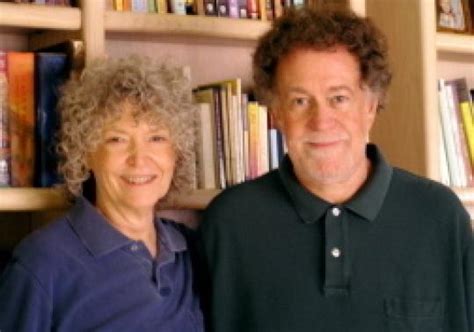A Quote by Steven Hall
Twitter is incredibly useful. It's a great example of how the Internet is changing the way we engage with information and text. Above all else, this change in the nature of engagement is fascinating for me as a writer.
Quote Topics
Related Quotes
I don't actually think of the internet as the bad guy. I think of the internet as doing a hell of a lot of wonderful, fascinating, interesting things. A lot of information that's exchanged on the internet is extremely useful, and every once in a while it percolates up to knowledge. Wisdom is far harder to come by.
Boredom or discontent is useful to me when I acknowledge it and see clearly my assumption that there's something else I would rather be doing. In this way boredom can act as an invitation to freedom by opening me to new options and thoughts. For example, if I can't change the activity, can I look at it more honestly?
I just got on Twitter because there was some MTV film blog that quoted me on something really innocuous that I supposedly said on Twitter before I was even on Twitter. So then I had to get on Twitter to say: 'This is me. I'm on Twitter. If there's somebody else saying that they're me on Twitter, they're not.'


































